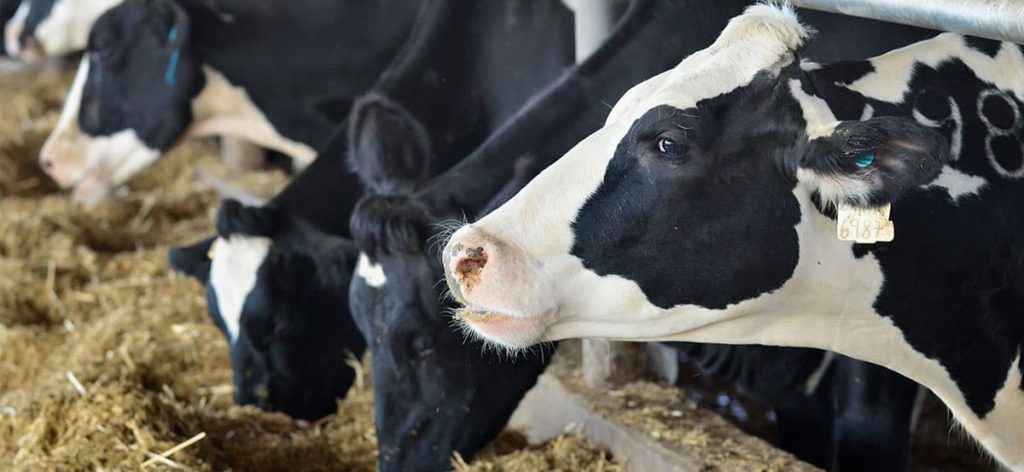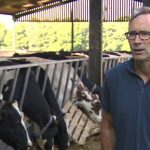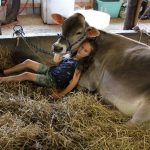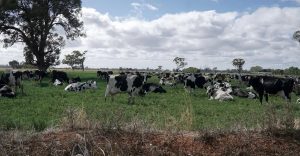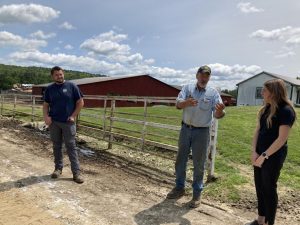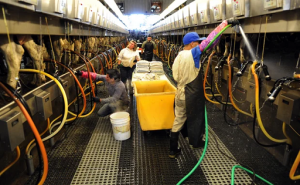
Twenty livestock companies emit more greenhouse gases than Germany, Britain, or France — and just five meat and milk giants produce more combined emissions every year than major oil companies like Exxon, Shell or BP, a new report finds.
These five agricultural giants include JBS, Tyson, Cargill, Dairy Farmers of America and Fonterra.
The report, titled “Meat Atlas,” is jointly published by global environmental groups Heinrich Böll Stiftung, Friends of the Earth Europe and Belgium Bund für Umwelt und Naturschutz. The report, the first of which was released eight years ago, provides data and facts on the meat industry and its links to global health and the environment. This year’s findings also highlight its connection to the COVID-19 pandemic.
“If the climate crisis failed to ring alarm bells, Covid-19 should have done so,” the report reads. “The expansion of industrial agriculture at the expense of nature puts our global health at risk.”
Livestock is responsible for 14.5 percent of global greenhouse gas emissions, according to the report.
In the past five years, more than 2,500 global investment banks, private banks and pension funds invested $478 billion (USD) in meat and dairy companies, according to the NGO Feedback, cited in the report.
While meat production is slightly slowing down around the world, the industry is still expected to produce another 40 million tonnes a year by 2029, according to the report. The biggest producers are in the U.S., China, Brazil, and members of the European Union.
“The area used to raise cattle in Brazil alone, 175 million hectares, is about the same as the entire agricultural area of the European Union,” the report says.
Although animal protein companies have shown some interest in meat alternatives and substitutes, campaigners tell The Guardian this is not a solution.
“This is all for profit and is not really addressing the fundamental issues we see in the current animal protein-centred food system that is having a devastating impact on climate, biodiversity and is actually harming people around the globe,” Stanka Becheva, a food and agriculture campaigner working with Friends of the Earth, told The Guardian.
“We need to begin reducing the number of food animals on the planet and incentivise different consumption models,” Becheva added to the outlet.
